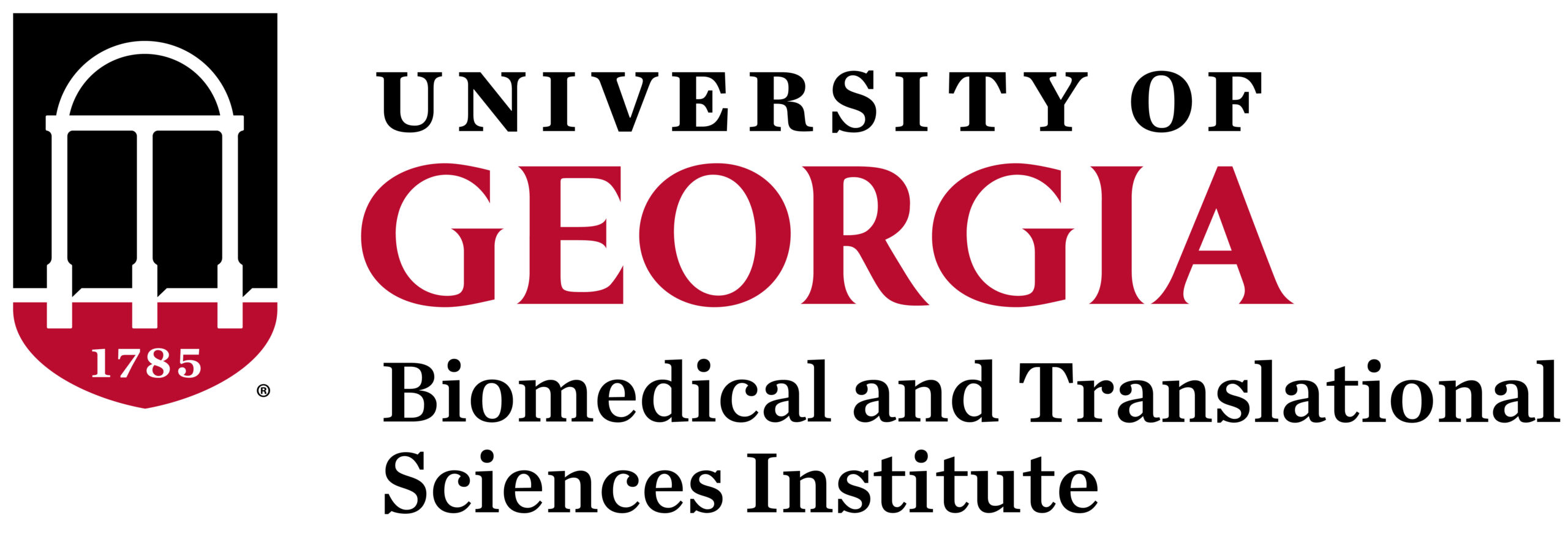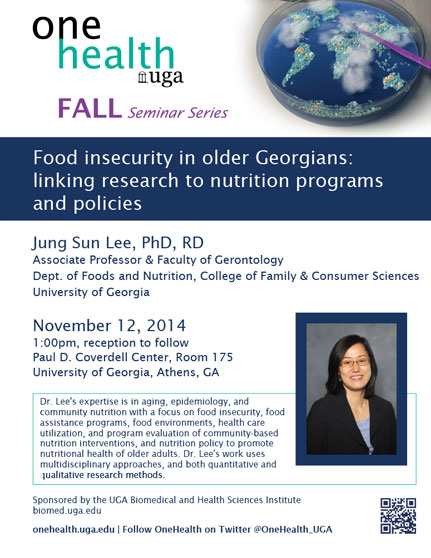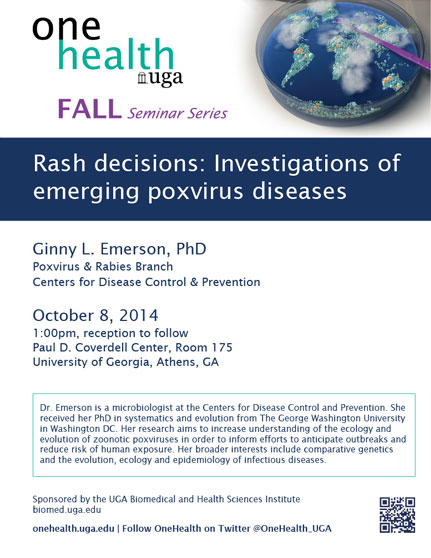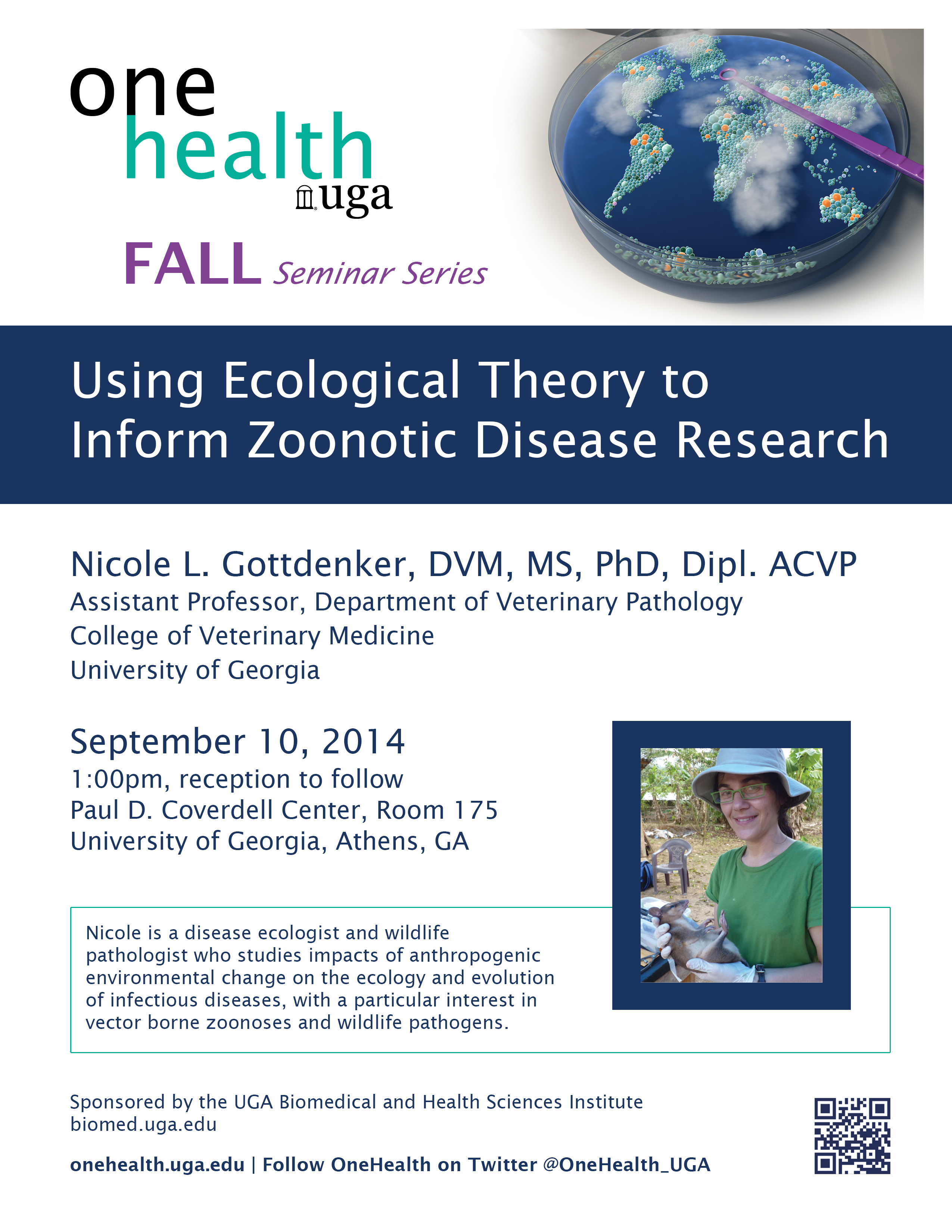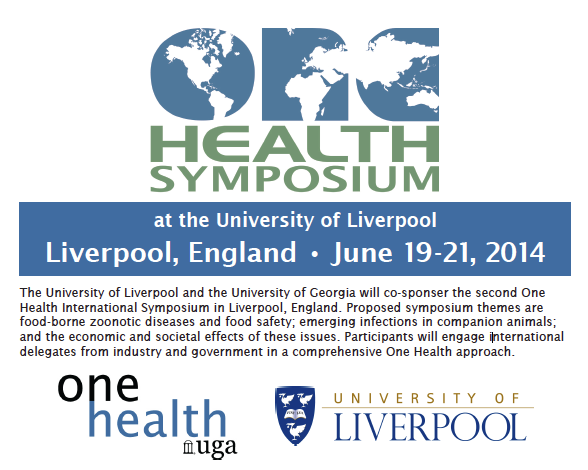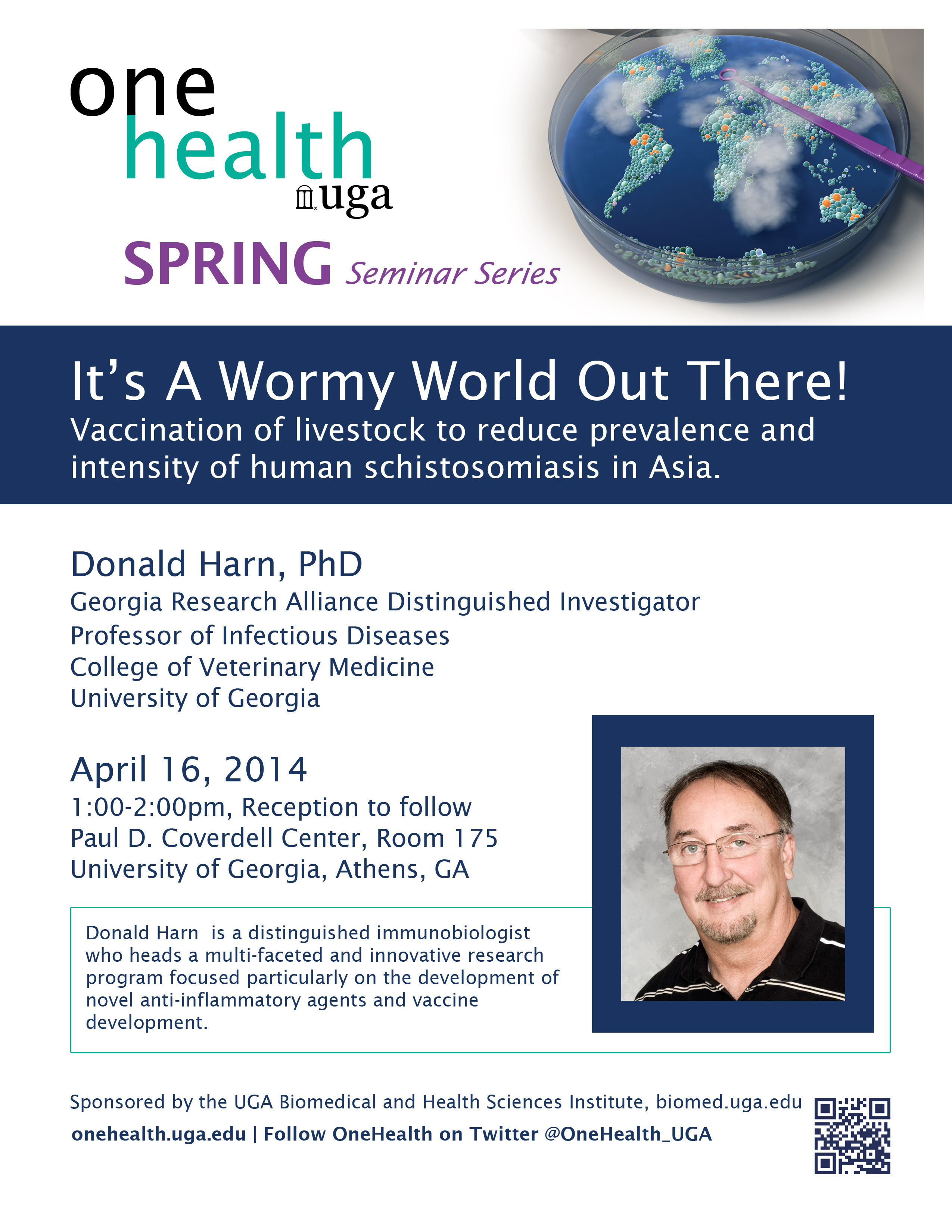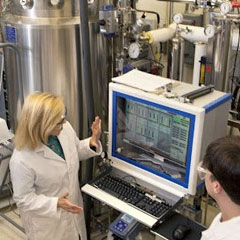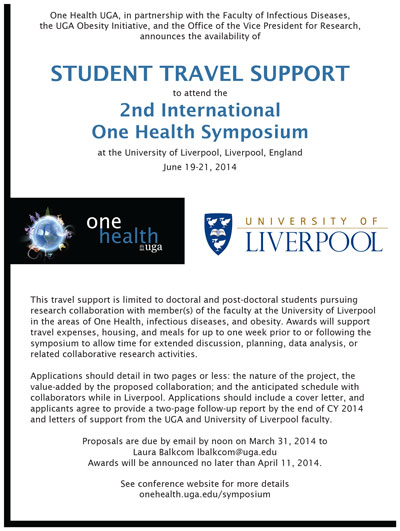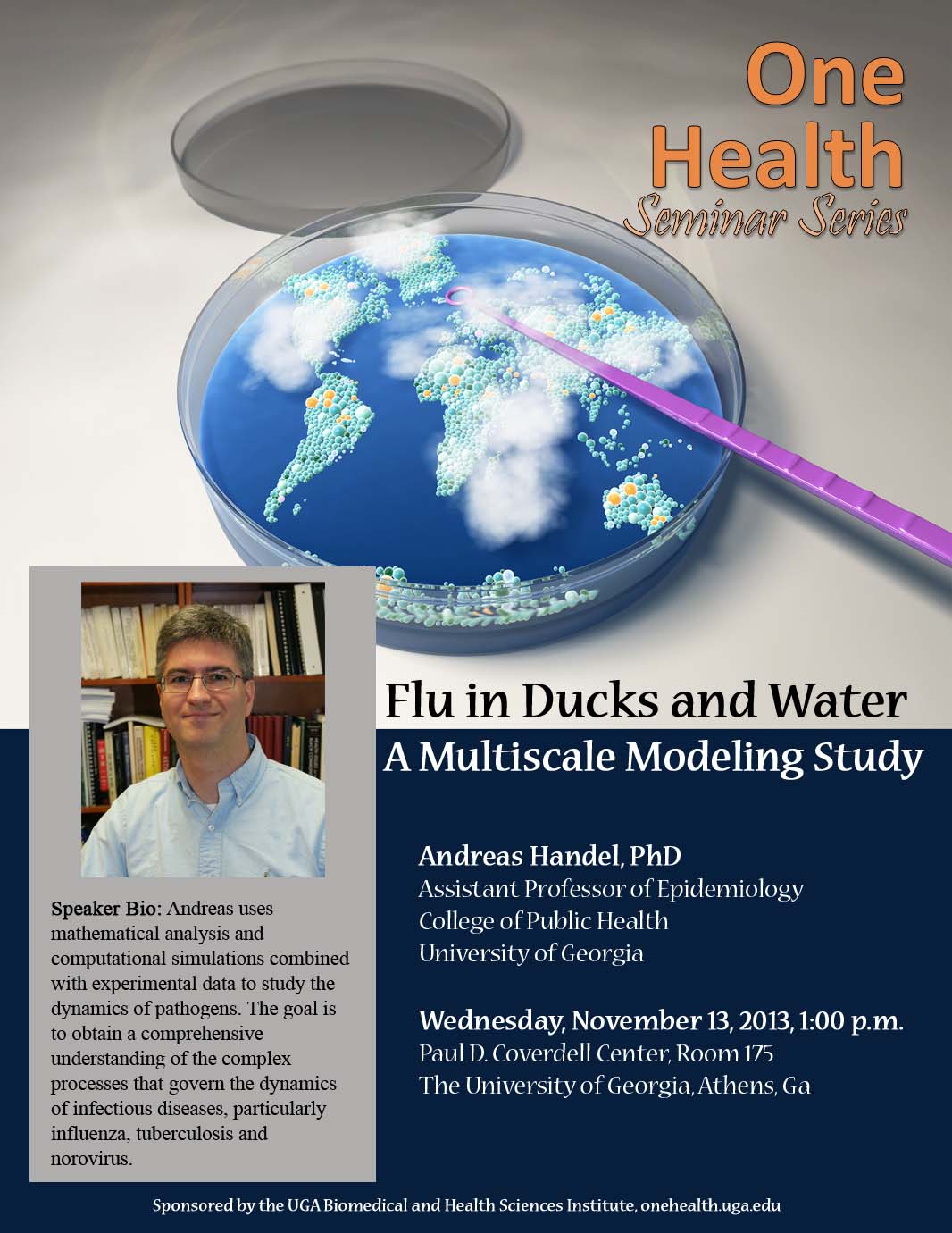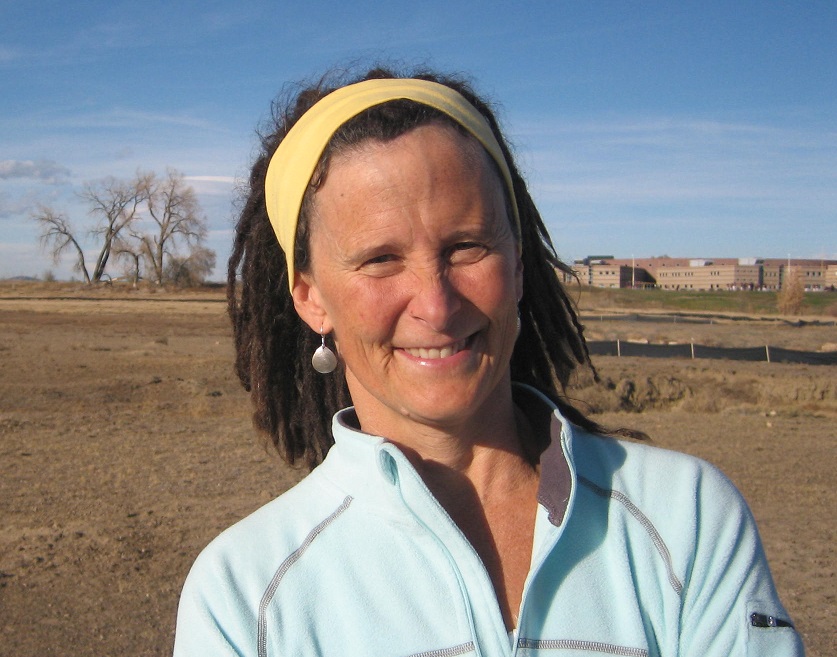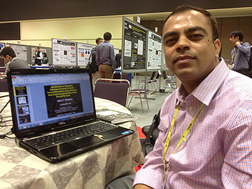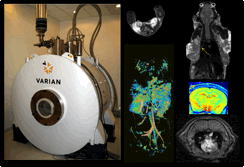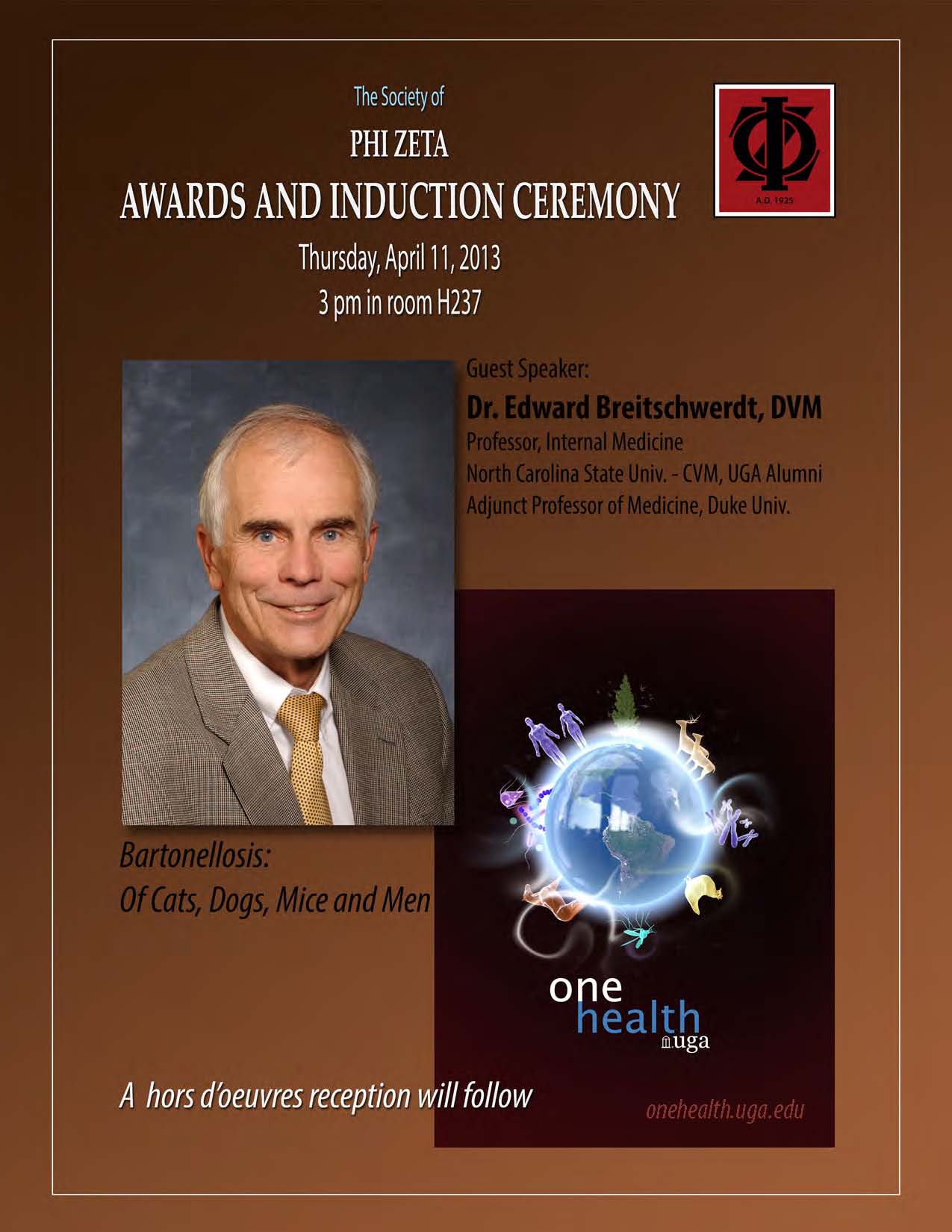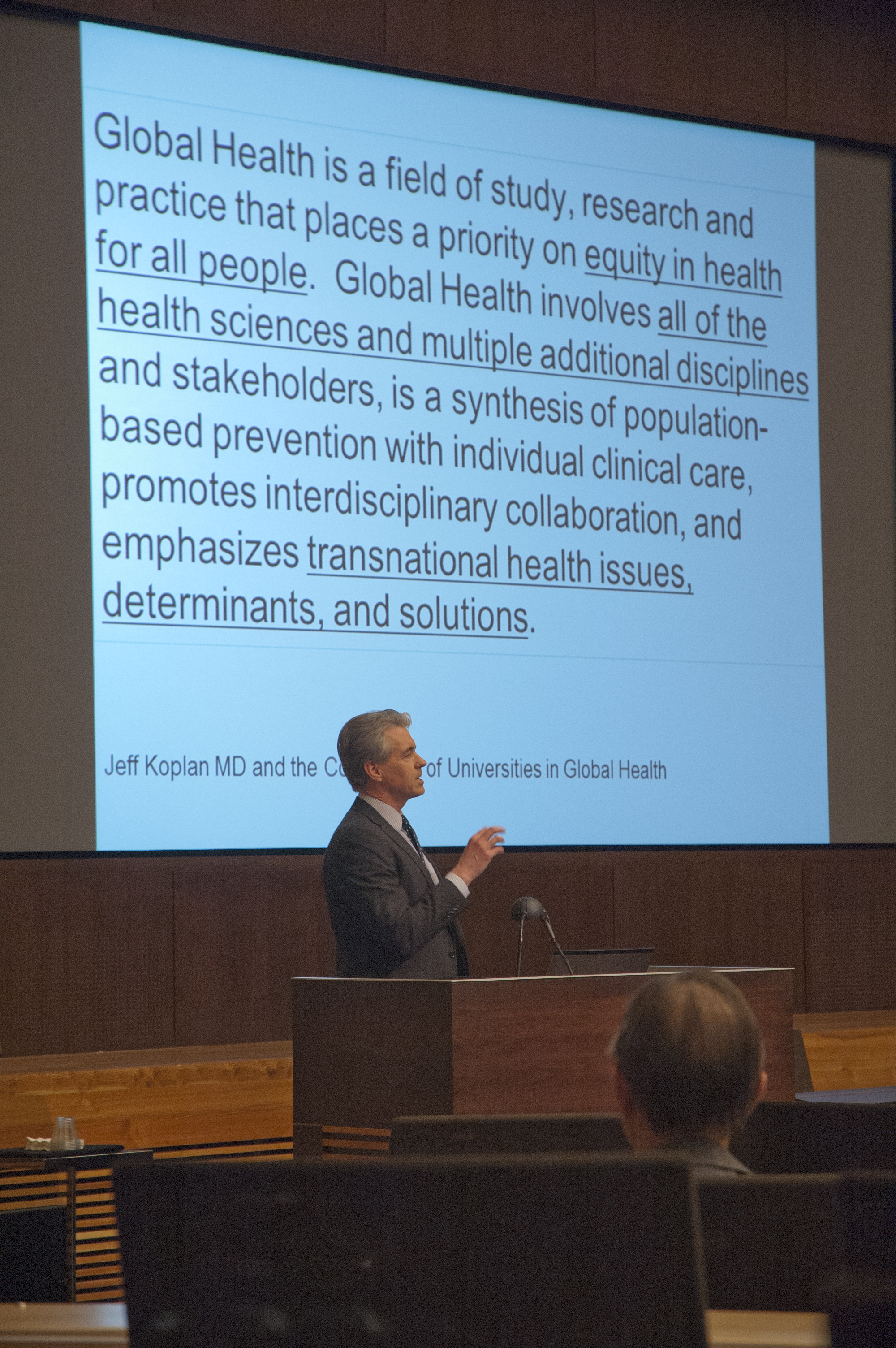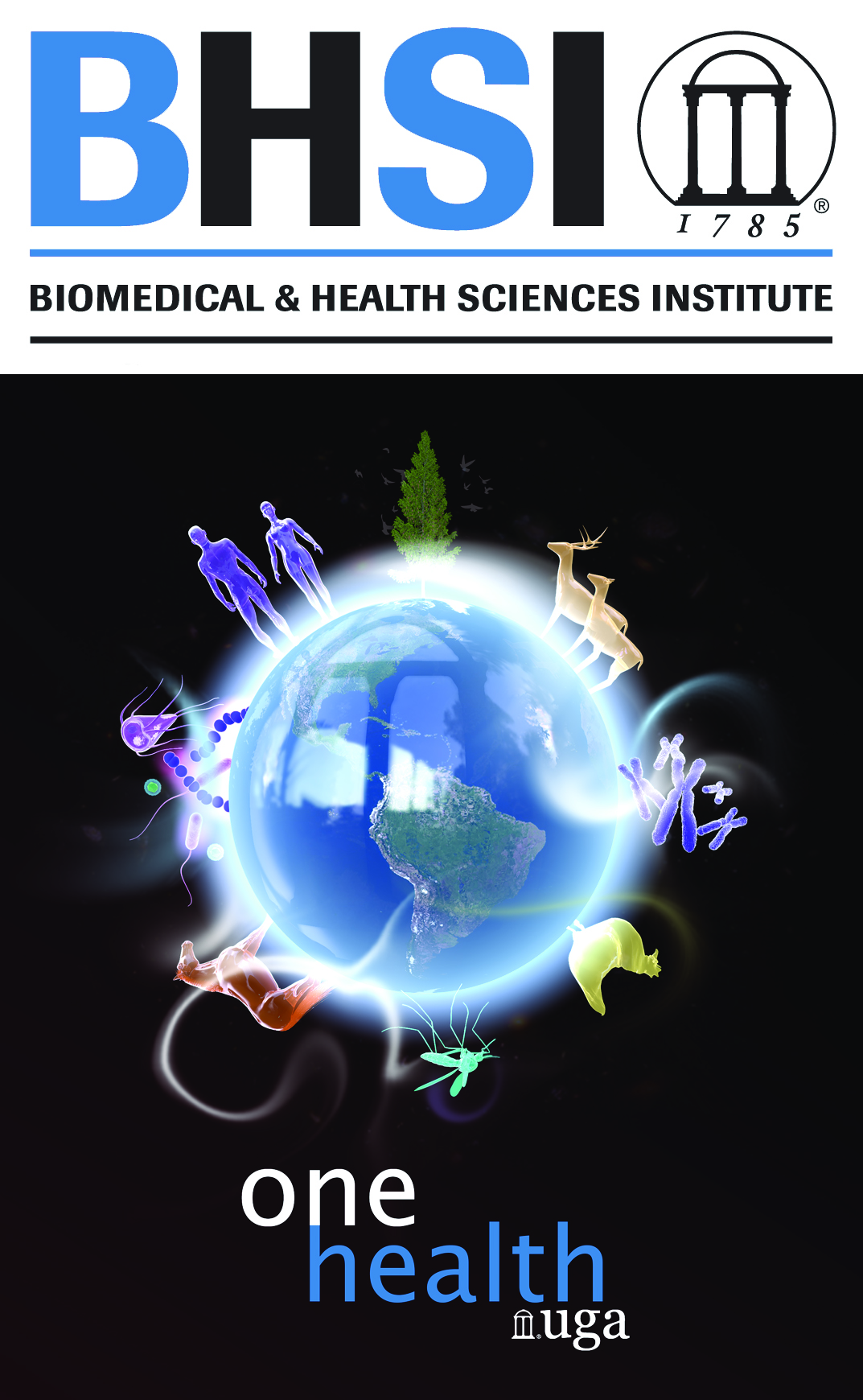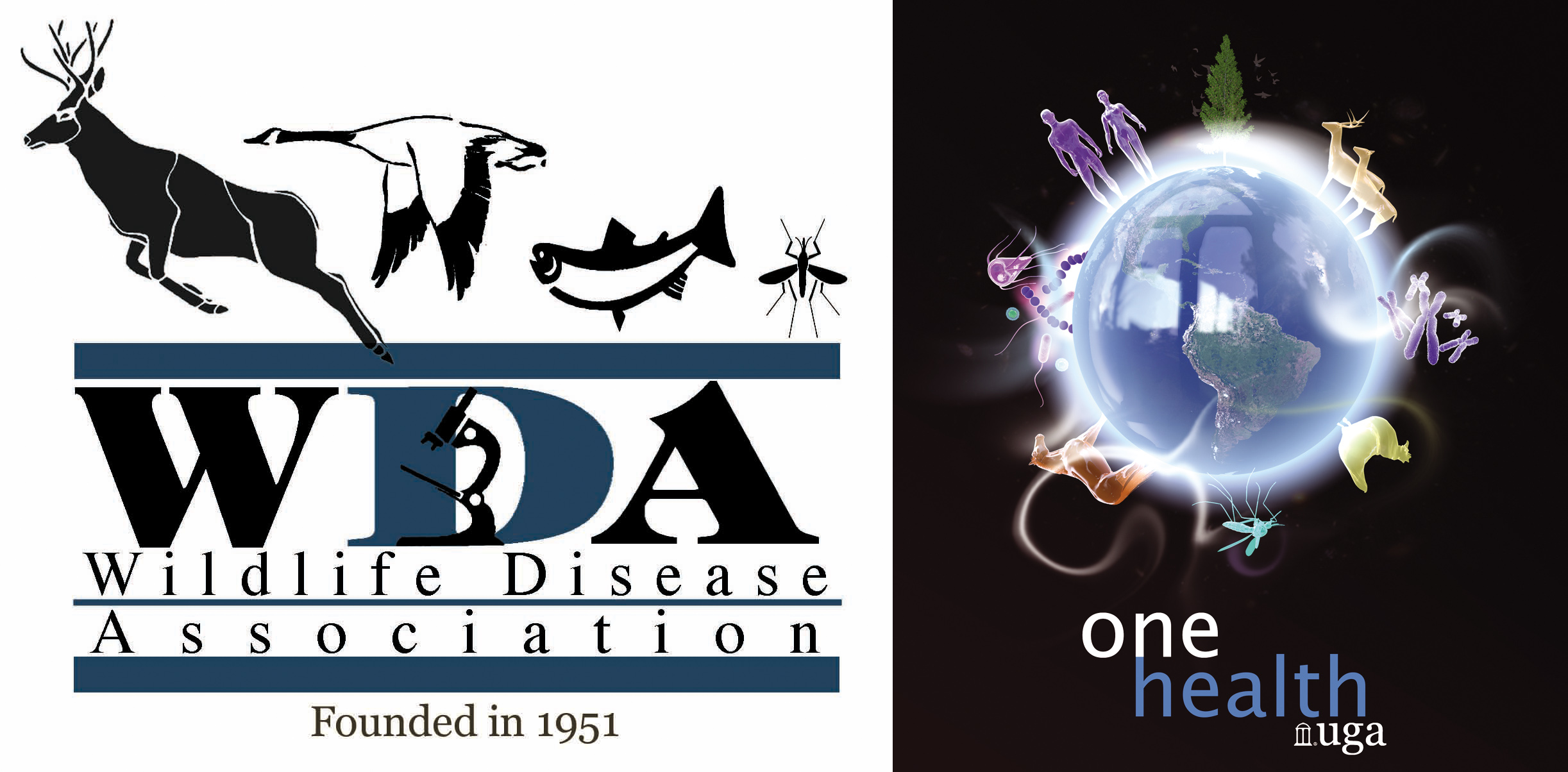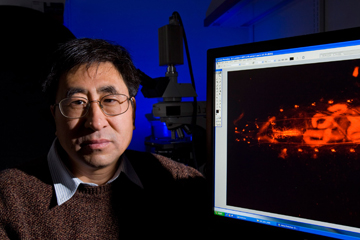Mechanisms of antimicrobial resistance in Gram-positive pathogens of clinical importance – Dec. 4, 2014
Join us for a public lecture by Cesar A. Arias, associate professor of medicine and director of the laboratory for antimicrobial research, department of medicine, division of infectious diseases University of Texas Medical School at Houston.
December 4, 2014, 11:00am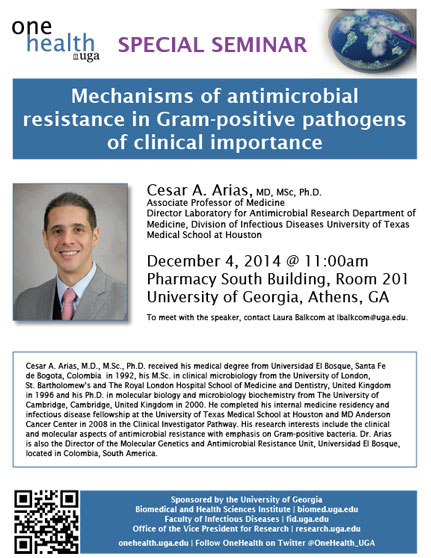 Pharmacy South Building, Room 201 University of Georgia, Athens, GA
Pharmacy South Building, Room 201 University of Georgia, Athens, GA
Cesar A. Arias, M.D., M.Sc., Ph.D. received his medical degree from Universidad El Bosque, Santa Fe de Bogota, Colombia in 1992, his M.Sc. in clinical microbiology from the University of London, St. Bartholomew’s and The Royal London Hospital School of Medicine and Dentistry, United Kingdom in 1996 and his Ph.D. in molecular biology and microbiology biochemistry from The University of Cambridge, Cambridge, United Kingdom in 2000. He completed his internal medicine residency and infectious disease fellowship at the University of Texas Medical School at Houston and MD Anderson Cancer Center in 2008 in the Clinical Investigator Pathway. His research interests include the clinical and molecular aspects of antimicrobial resistance with emphasis on Gram-positive bacteria. Dr. Arias is also the Director of the Molecular Genetics and Antimicrobial Resistance Unit, Universidad El Bosque, located in Colombia, South America.
